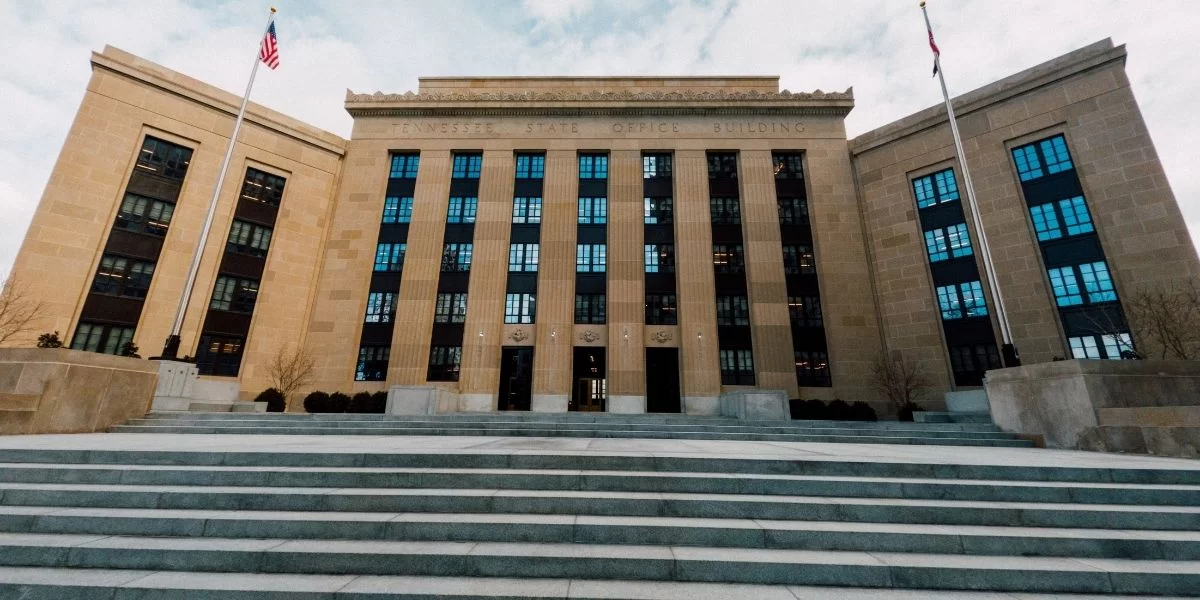Crypto giant Binance is going through a historic turning point, and the curse of November continues. Two years ago it was FTX, and now it’s Binance. In the previous collapse period, Hayes experienced a similar process. This case is interesting in every aspect, but the detail of Turkey makes it even more bizarre for us. So, what details are included in the case files?
The Binance Lawsuit and Turkey
CZ admitted the allegations and will be subject to a three-year probationary period. There are interesting details in the trial. Especially in 2018-2019, KYC was not as important as it is today, and according to the lawsuit, Binance was aware that this could cause trouble. The lawsuit states the following:
“Fake addresses and weak KYC were not taken seriously by the exchange. Verified accounts in the US sanction region were closed, but blocked users could contact customer service and activate their accounts. CZ admitted in a phone call among senior management in June 2019 that customers from the US region require IP and KYC restrictions. He admitted that this could be risky for the business and that he knew he was violating US laws.”
The lawsuit provides an example of an Iranian citizen living in Turkey regarding Binance’s disregard for the US sanctions against Iran. Even if it is a foreigner living in Turkey, it was expected that instead of asking for a second identity, Binance would block their account because they are citizens of a sanctioned region.
Binance Knew What Was Coming
Additionally, in the complaint filed by the CFTC, there were correspondences showing that an account associated with Hamas was not taken seriously and did not require any restrictions. Binance also knew at that time that it should not serve US citizens, but it was an important decision for its commercial future.

Now they have to pay billions of dollars in fines. Moreover, CZ will resign and will not be able to hold a position in the company. The details of the upcoming statements in about half an hour are eagerly awaited. We will continue to share all developments as breaking news.
Former SEC executive John Stark, who closely follows this case, wrote the following:
“It was reported that Changpeng Zhao appeared in the Seattle federal court on Tuesday afternoon and presented a defense that includes paying a $50 million fine. The Binance Indictment includes three charges, including a charge of violation of the International Emergency Economic Powers Act (IEEPA) and operating an unlicensed money transmitter business, as well as serious violations of critical anti-money laundering laws.”
Violation of sanctions issued under the IEEPA carries serious legal and criminal consequences. The penalties for conducting an unlicensed money transfer business are quite straightforward. If found guilty of violating 18 U.S.C. 1960, you can face a fine of up to $250,000 or up to five years in federal prison. Based on the allegations in the Binance indictment, I say CZ will go to jail.”









